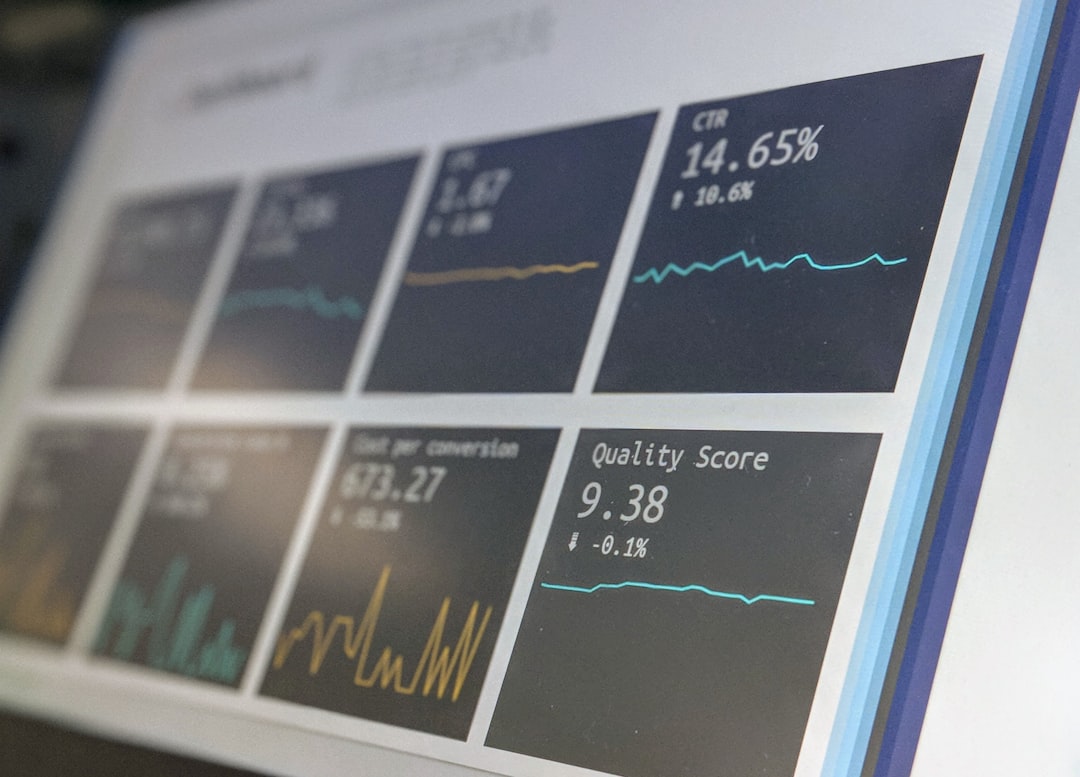In today’s data-driven landscape, businesses must be more agile and informed than ever. One of the key components of making informed decisions is understanding what your market looks like, what your competitors are doing, and how your customers are behaving. This is where Marketing Intelligence comes into play. It’s not just a trend—it’s a necessity for organizations aiming to stay competitive in 2025 and beyond.
What is Marketing Intelligence?
Marketing Intelligence (MI) refers to the systematic collection, analysis, and interpretation of data relevant to a company’s markets. It allows businesses to gain insights into customer preferences, competitor strategies, market trends, and other critical factors affecting performance.
This intelligence can come from various sources—including customer feedback, competitor analysis, market research reports, social media monitoring, and internal sales data. The ultimate goal? To make strategic decisions that lead to greater business success.

Types of Marketing Intelligence
There are several different types of Marketing Intelligence that can help organizations create a full picture of the market:
- Competitor Intelligence: Understanding what your competitors are doing in terms of pricing, promotions, customer service, and product offerings. This helps in devising better strategies to outperform them.
- Customer Intelligence: Insights derived from customer behavior, preferences, purchases, and feedback. This informs product development and customer experience strategies.
- Market Understanding: Broad information about market trends, regulations, economic factors, and demographic shifts that affect the market landscape.
- Product Intelligence: Data that relates to how products perform in the market, often used to refine existing offerings or develop new ones.
- Sales Intelligence: Analytics focused on identifying leads, tracking sales performance, and optimizing the sales process.
Marketing Intelligence Strategy for 2025
As we move into 2025, the need for advanced Marketing Intelligence strategies becomes critical. Below is a step-by-step guide to building a solid MI strategy:
1. Set Clear Objectives
Before collecting any data, businesses must understand what they are trying to achieve—be it increased market share, improved customer retention, or better ROI on marketing campaigns.
2. Identify Data Sources
Pinpoint where the most valuable data will come from. This includes:
- Customer Relationship Management (CRM) systems
- Social media listening tools
- Web analytics platforms
- Surveys and onboarding forms
- Publicly available third-party reports

3. Use the Right Tools
Leverage AI-powered platforms, Business Intelligence (BI) tools, and automation software to collect, sort, and analyze large amounts of data efficiently.
4. Integrate Across Departments
Marketing Intelligence should not be siloed. Share insights with sales, product development, and customer service teams to create a holistic approach to business decisions.
5. Continuously Monitor and Optimize
Markets change rapidly. Keep refining your data collection and analysis methods, and stay updated with the latest tools and algorithms to stay ahead.
Benefits of Marketing Intelligence
Utilizing a well-executed Marketing Intelligence strategy brings numerous benefits:
- Better Decision Making: Data-driven insights allow for more informed business decisions.
- Competitive Advantage: Real-time data helps outmaneuver competitors quickly.
- Targeted Marketing: Understand exactly what your audience wants and tailor campaigns accordingly.
- Customer Retention: Identify pain points through behavior analysis and improve user experience.
Conclusion
In 2025, Marketing Intelligence is not a luxury—it’s an essential pillar of strategic growth. By embracing the range of data sources available and utilizing advanced tools and informed strategies, businesses can unlock powerful insights that drive competitive advantage and long-term success.
Frequently Asked Questions (FAQs)
- What’s the difference between Marketing Intelligence and Market Research?
- Marketing Intelligence is ongoing and real-time; market research is usually project-based and time-specific.
- How is Marketing Intelligence collected?
- It is collected through CRM systems, customer feedback, competitor monitoring, social media, web analytics, and third-party data providers.
- Do small businesses need Marketing Intelligence?
- Yes, even small businesses can benefit greatly from improved customer insights and competitive analysis.
- Is AI important in Marketing Intelligence?
- Absolutely. AI helps in automating data collection, identifying trends, and predicting future market behavior.
- How often should Marketing Intelligence be updated?
- Continuously. The market evolves rapidly, so frequent updates are necessary to stay relevant and responsive.
